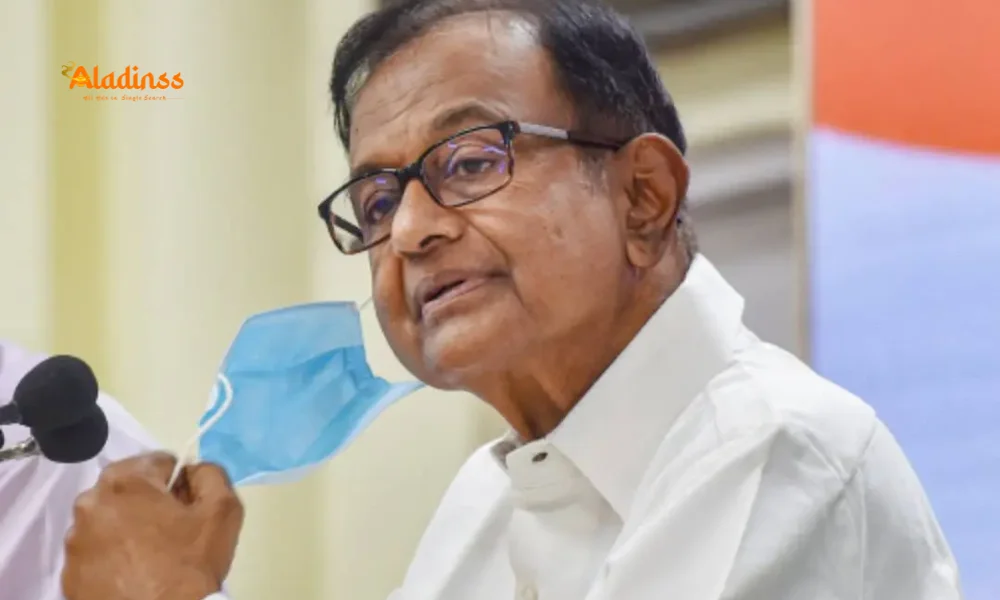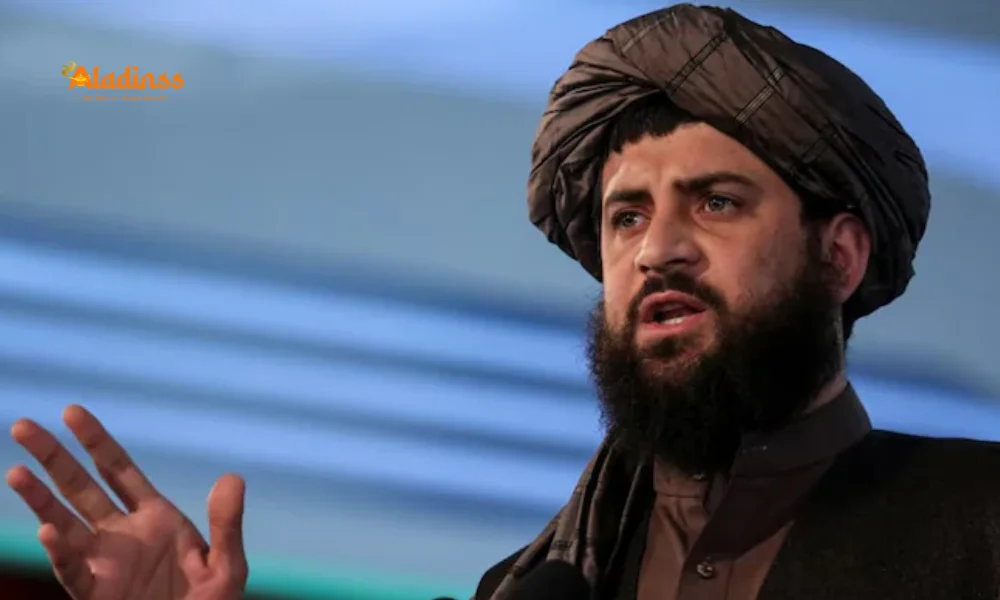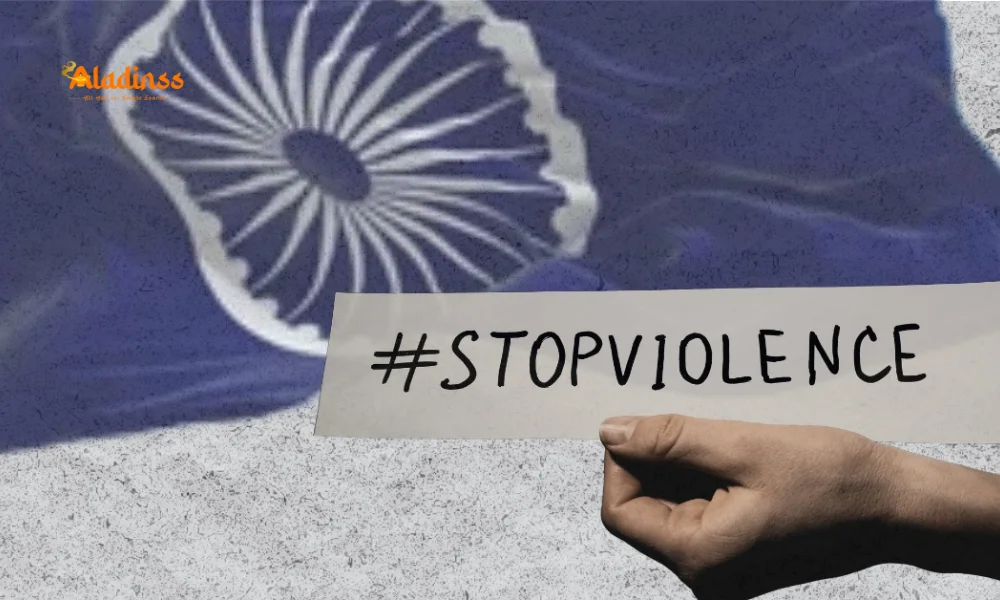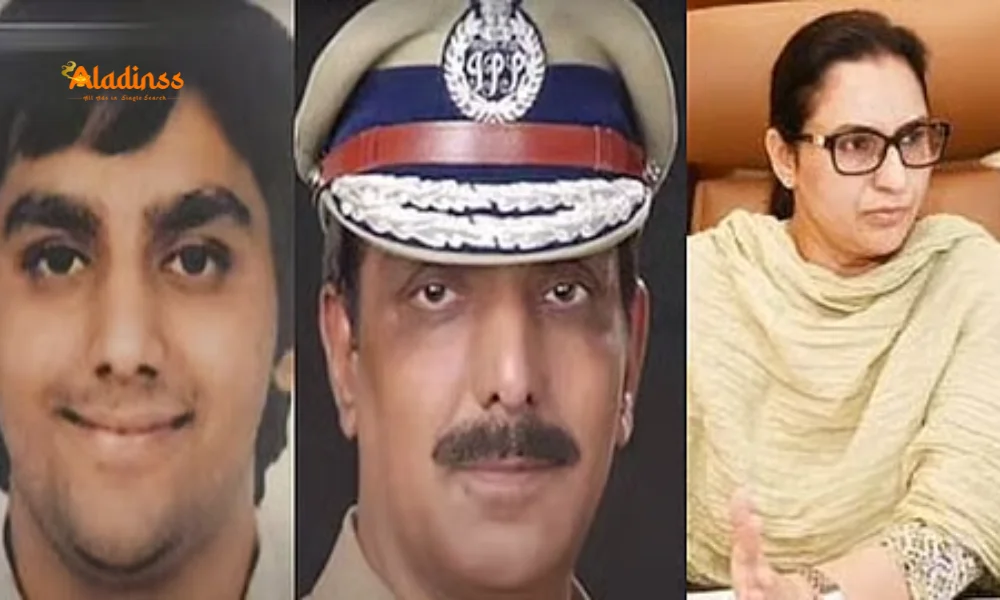Sengottaiyan Urges AIADMK Unity Within 10 Days
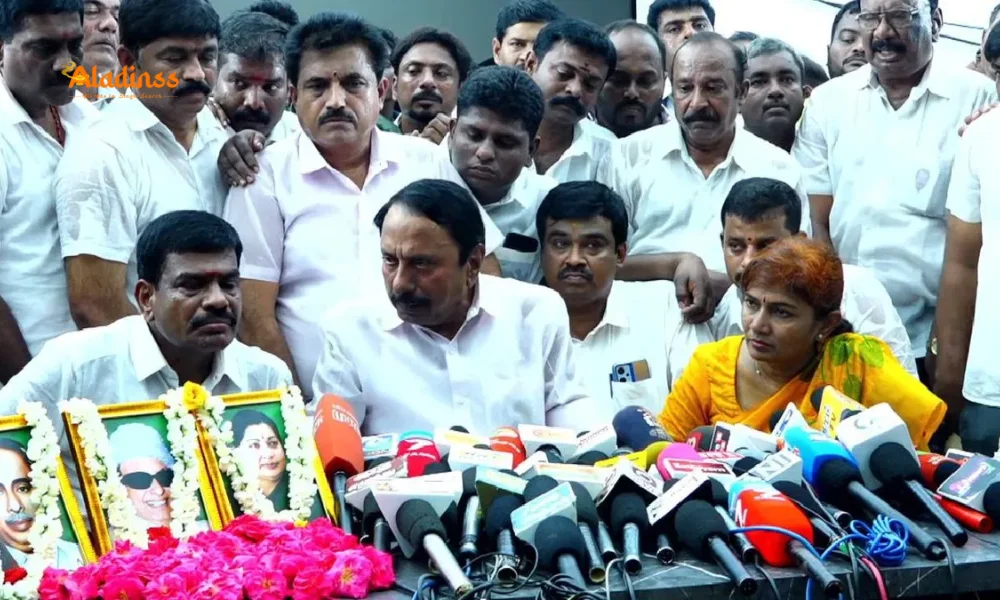
Sengottaiyan Urges AIADMK Unity Within 10 Days to Secure Electoral Victory
In a significant development for Tamil Nadu’s political landscape, former AIADMK Minister Sengottaiyan has issued a clarion call for unity within the All India Anna Dravida Munnetra Kazhagam (AIADMK) to ensure a resounding victory in the upcoming assembly elections. Addressing the media at the party office in Gopichettipalayam, Sengottaiyan emphasized the need to reconcile with estranged party members who have parted ways, urging swift action within a 10-day timeframe to integrate them back into the fold. This move comes amid ongoing tensions between Sengottaiyan and AIADMK General Secretary Edappadi K. Palaniswami (EPS), highlighting internal challenges that could shape the party’s future.
A Warm Welcome and a Strong Message
Sengottaiyan’s visit to the AIADMK party office in Gopichettipalayam was marked by a warm reception from party workers, signaling his enduring influence within the party. Speaking to reporters, he reflected on his long-standing association with the AIADMK, recalling how party founder M.G. Ramachandran (MGR) appointed him as treasurer during the 1976 general body meeting. “MGR was a towering figure whose influence resonated across the country,” Sengottaiyan noted, underscoring the legacy of leadership that continues to inspire the party’s rank and file.
The former minister highlighted the trials faced by the AIADMK following the demise of former Chief Minister J. Jayalalithaa. To prevent the party from fracturing, Sengottaiyan and other leaders had supported V.K. Sasikala’s appointment as general secretary. However, internal divisions persisted, leading to the departure of several key figures who once held significant positions within the party. Sengottaiyan’s latest appeal focuses on healing these rifts to restore the AIADMK’s strength and public support, particularly in the southern districts of Tamil Nadu.
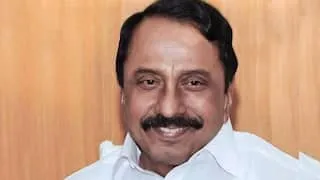
The Call for Unity: A 10-Day Deadline
Sengottaiyan’s statement carries a sense of urgency, as he proposed a 10-day deadline to initiate efforts to bring back estranged leaders. “Only by uniting those who have split from the AIADMK can we achieve a huge victory in the assembly elections,” he asserted. He revealed that six senior leaders, including himself, had approached EPS with this proposal, but the opposition leader was reportedly unreceptive. Despite this, Sengottaiyan remains steadfast, advocating a “forgive and forget” approach to mend ties and strengthen the party’s electoral prospects.
The former minister emphasized that the integration of former members is not just a strategic move but a necessity to regain the trust and support of voters, especially in Tamil Nadu’s southern districts, where the AIADMK has historically enjoyed a strong base. He suggested that the general secretary should have the authority to decide who can be reintegrated, acknowledging the contributions of those who previously held key roles in the party.
The Context of Internal Struggles
The AIADMK has faced significant internal turmoil since Jayalalithaa’s passing, with factionalism threatening its unity. The rift between Sengottaiyan and EPS has been a focal point of discussion within political circles, with both leaders publicly addressing their differences. Sengottaiyan’s call for reconciliation comes at a critical juncture, as the party prepares for the upcoming assembly elections, where it faces stiff competition from the ruling DMK and other regional players.
Sengottaiyan’s remarks also highlight the broader challenge of maintaining party cohesion in the absence of a unifying figure like MGR or Jayalalithaa. The AIADMK’s ability to consolidate its leadership and present a united front will be crucial in regaining voter confidence. The former minister’s appeal resonates with the party’s grassroots workers, who see unity as a pathway to electoral success.
Why Unity Matters for AIADMK’s Future
The AIADMK’s electoral fortunes have historically depended on its ability to project strength and unity. The party’s strong organizational structure and regional influence have made it a formidable force in Tamil Nadu politics. However, recent years have seen defections and internal disagreements erode its cohesion, leading to electoral setbacks. Sengottaiyan’s push for reconciliation aims to address these challenges by bringing back influential leaders who can mobilize support in key constituencies.
The southern districts, in particular, are seen as a critical battleground. These regions have been AIADMK strongholds, but recent political shifts have made them competitive. By reintegrating former leaders with strong local connections, the party hopes to bolster its campaign and counter the DMK’s growing influence. Sengottaiyan’s emphasis on unity reflects a broader strategy to rebuild the AIADMK’s image as a cohesive and dynamic political force.
Challenges Ahead for EPS and AIADMK
While Sengottaiyan’s call for unity is a step toward reconciliation, it also underscores the challenges facing EPS as the party’s general secretary. His reluctance to embrace the proposal suggests deep-seated differences within the leadership. Political analysts believe that EPS’s leadership will be tested in the coming weeks, as he navigates the delicate task of balancing party unity with his own authority.
The 10-day deadline set by Sengottaiyan adds pressure to act swiftly. If EPS fails to initiate reconciliation efforts, Sengottaiyan has hinted that like-minded leaders may take independent action to unite the party. This could lead to further divisions or, conversely, force a resolution that strengthens the AIADMK’s position ahead of the elections.
The Road Ahead for AIADMK
As Tamil Nadu gears up for the assembly elections, the AIADMK faces a pivotal moment. Sengottaiyan’s appeal for unity is a reminder of the party’s storied legacy and its potential to reclaim its position as a dominant force in state politics. By addressing internal divisions and leveraging the influence of former leaders, the AIADMK can strengthen its electoral strategy and appeal to a broader voter base.
The coming days will be crucial in determining whether the AIADMK can overcome its challenges and present a united front. Sengottaiyan’s leadership and vision for reconciliation will play a significant role in shaping the party’s future, as it seeks to honor the legacy of MGR and Jayalalithaa while adapting to the evolving political landscape of Tamil Nadu.
Comment / Reply From
No comments yet. Be the first to comment!

